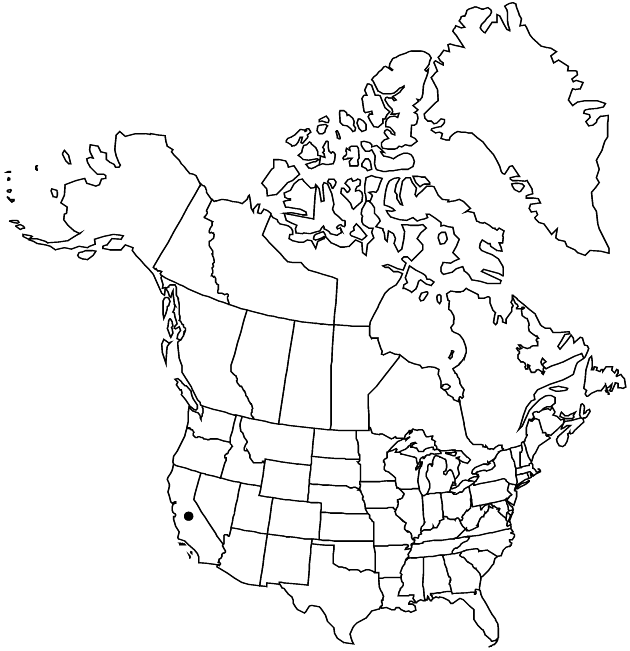Difference between revisions of "Pseudognaphalium ramosissimum"
Opera Bot. 104: 147. 1991.
FNA>Volume Importer |
imported>Volume Importer |
||
| (3 intermediate revisions by 2 users not shown) | |||
| Line 8: | Line 8: | ||
}} | }} | ||
|common_names=Pink rabbit-tobacco | |common_names=Pink rabbit-tobacco | ||
| + | |special_status={{Treatment/ID/Special_status | ||
| + | |code=E | ||
| + | |label=Endemic | ||
| + | }} | ||
|basionyms={{Treatment/ID/Basionym | |basionyms={{Treatment/ID/Basionym | ||
|name=Gnaphalium ramosissimum | |name=Gnaphalium ramosissimum | ||
|authority=Nuttall | |authority=Nuttall | ||
| + | |rank=species | ||
|publication_title=Proc. Acad. Nat. Sci. Philadelphia | |publication_title=Proc. Acad. Nat. Sci. Philadelphia | ||
|publication_place=4: 20. 1848 | |publication_place=4: 20. 1848 | ||
| Line 37: | Line 42: | ||
-->{{#Taxon: | -->{{#Taxon: | ||
name=Pseudognaphalium ramosissimum | name=Pseudognaphalium ramosissimum | ||
| − | |||
|authority=(Nuttall) Anderberg | |authority=(Nuttall) Anderberg | ||
|rank=species | |rank=species | ||
| Line 51: | Line 55: | ||
|publication title=Opera Bot. | |publication title=Opera Bot. | ||
|publication year=1991 | |publication year=1991 | ||
| − | |special status= | + | |special status=Endemic |
| − | |source xml=https:// | + | |source xml=https://bitbucket.org/aafc-mbb/fna-data-curation/src/2e0870ddd59836b60bcf96646a41e87ea5a5943a/coarse_grained_fna_xml/V19-20-21/V19_700.xml |
|tribe=Asteraceae tribe Gnaphalieae | |tribe=Asteraceae tribe Gnaphalieae | ||
|genus=Pseudognaphalium | |genus=Pseudognaphalium | ||
Latest revision as of 19:54, 5 November 2020
Biennials (sweetly fragrant), 50–120(–150) cm; taprooted. Stems (erect) gray-tomentose, glabrescent, stipitate-glandular beneath tomentum. Leaf blades linear to lanceolate, oblong, or narrowly spatulate, (1–)3–7 cm × 3–5(–7) mm, bases not clasping, decurrent 2–10 mm, margins revolute and closely undulate, faces concolor, greenish, loosely tomentose, stipitate-glandular. Heads usually in paniculiform (broadly columnar or at least as long as broad, sometimes pyramidal) arrays. Involucres turbinate to short-cylindric, 5–6 mm. Phyllaries in 4–5 series, usually pinkish, sometimes white or greenish (hyaline, dull), ovate to ovate-oblong, loosely tomentose (bases). Pistillate florets 38–62. Bisexual florets 2–7. Cypselae ridged, smooth. 2n = 28.
Phenology: Flowering Jul–Sep.
Habitat: Dry, open slopes, sparsely wooded, sandy fields, dunes
Elevation: 20–600 m
Discussion
Selected References
None.
